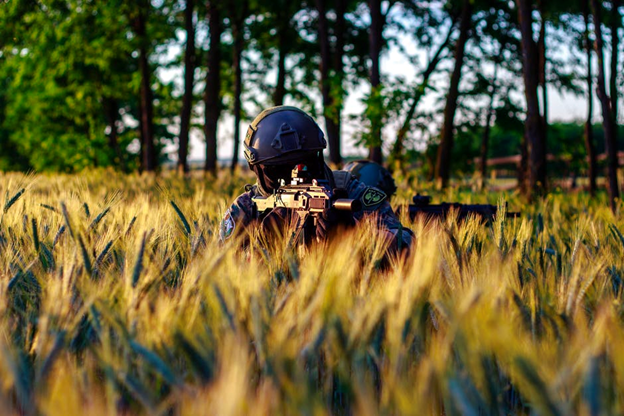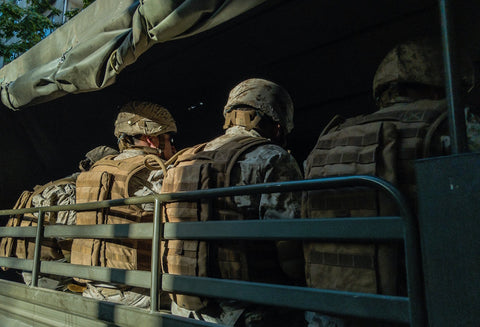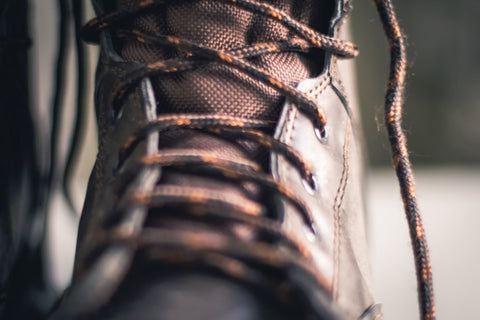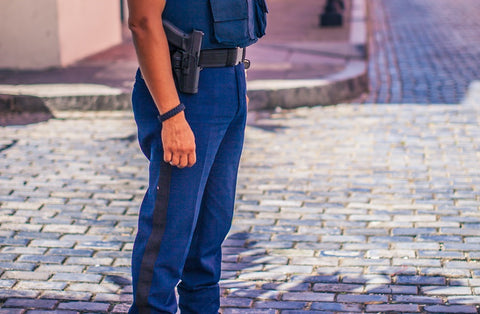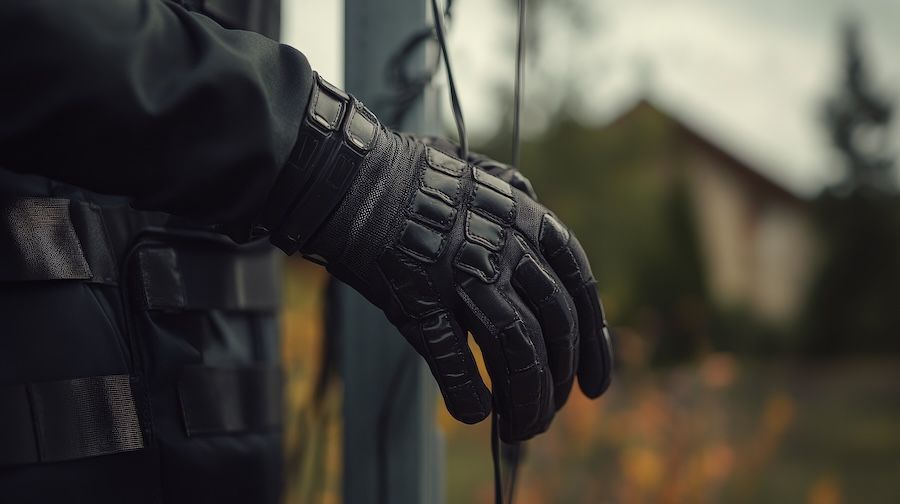Body Cameras and the Benefits They Offer to Law Enforcement

Reasons Law Enforcement Should Consider Investing In Body Camera Technology
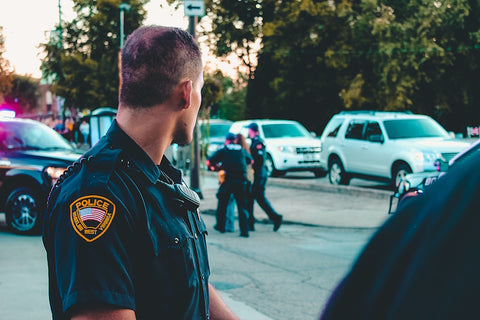
We often hear about body camera footage on the news due to its role in providing crucial insights into high-profile arrests, but what benefits do they offer to the police officers that wear them?
In this article, we'll explain what body cameras are, how they work, what they are used for, and the main features they have, along with the key benefits they offer to law enforcement.
What Are Body Cameras?
Essentially, body cameras are small cameras that are designed to be worn by police officers while on duty, for the entirety of their shift. They typically measure around 3 inches long and are designed to clip onto an officer's uniform.
It's important to note that body cameras are not the same as dashboard cameras. Dashboard cameras are fixed to law enforcement vehicles, rather than on the body. This means they are only able to capture video from the front of or near the vehicle.
While a body camera's battery life varies between brands, most body cameras can last for approximately 12 to 16 hours. Most devices also have the capability of recording high-quality video during low light or no light situations at night, both indoors and outdoors. The end result is clear video playback with crisp audio, no matter the conditions.
What They Are Used For
Body cameras are worn by law enforcement to record on-duty interactions with the public, detained individuals, suspects, etc., or to gather video evidence at crime scenes.
Every law enforcement agency typically has its own rules and protocols for how body cameras can be used. However, most often, body camera footage is used for the purposes of providing transparency, documenting statements, observations, behaviours, and evidence, and discouraging unprofessional/inappropriate behaviours by both law enforcement and the public that could lead to a formal complaint. We'll get more into this later.
How They Work
Body cameras are small, discreet, and portable video and audio recording devices that can be mounted on the body, including on sunglasses, hats, helmets, and uniform collars or lapels.
The base of the body camera device will be wired and attached to the officer’s uniform and is often placed strategically in a pocket for concealment.
When deciding where to mount a body camera on an officer's person, it's important to consider their uniform design and how the uniforms may vary throughout the year.
All body camera footage is encrypted, backed up, and stored securely in the cloud, and the only people who have permission to access the footage are verified administrators with official credentials.
Some types of body cameras also have live-streaming capabilities, allowing other officers to watch back the footage being captured in real-time.
Features to Look For
When it comes to finding a high-quality body camera that will suit the needs of your department, you should be looking for a brand that offers the following features:
- Durability
- Stability
- Lightweight
- Waterproof
- Microphone
- Large storage capability
- High resolution in low-light situations
- Strong battery life
- Tamper-proof
- High video quality
- Wide field of view
- Mounting options
- GPS positioning
- Live streaming capability
- Secure cloud-based storage
The Main Benefits Body Cameras Offer Law Enforcement
Body cameras offer a multitude of benefits when utilized by law enforcement agencies. Here are a few of the most significant advantages.
Evidence Documentation
Body cameras are an effective way for police to obtain accurate victim and witness statements and capture crucial evidence that's needed to make a conviction later on.
Plus, having footage to look back on can help police recall specific details regarding incidents that they may have otherwise forgotten.
Accountability
With the Black Lives Matter movement making waves in the United States and abroad, police accountability is more important than ever. With that being said, because body cameras help police to record interactions with civilians, outfitting officers with them while on duty helps to ensure more transparency within the department and can reduce complaints involving officers.
In fact, one statistic shows that the percentage of officers wearing body cameras that generated at least one report for excessive use of force decreased from 31.2% to 19.7% in 2017. Furthermore, in 2013, another study found that complaints against police officers decrease by 87% when officers are wearing body cameras.
Protection
Body cameras not only protect police departments from justified complaints against officers, but also ensure the officers themselves are protected from false claims of abuse of power, excessive use of force, and mistreatment.
In the event that a civilian files a complaint alleging abuse or unlawful arrest, body camera footage can be used to analyze the interaction and determine whether the complaint is false or justified.
Identifying and Correcting Internal Agency Problems
As previously mentioned, body cameras can help to reduce the amount of officer-related complaints. However, they can also be beneficial when complaints do arise.
For instance, footage that captures an incident where an officer displayed misconduct can be used when training new police recruits. In fact, having this kind of footage is an excellent training tool and will help teach rookie officers how not to handle particular situations, thus avoiding common mistakes and continuing the cycle of reduced complaints.
As you can see, body cameras are a vital tool for all law enforcement agencies and offer a multitude of benefits. Whether it's to document evidence or to offset complaints against officers, body cameras are the most effective way to capture crucial information that can be used to help secure a conviction, train officers, and clear law enforcement of any alleged wrongdoing.
PSP Corp is the official North American distributor for body camera technology manufacturer, Halo Technologies. Contact PSP Corp today to learn more about Halo body cameras and how you can secure this vital technology for your law enforcement agency.


